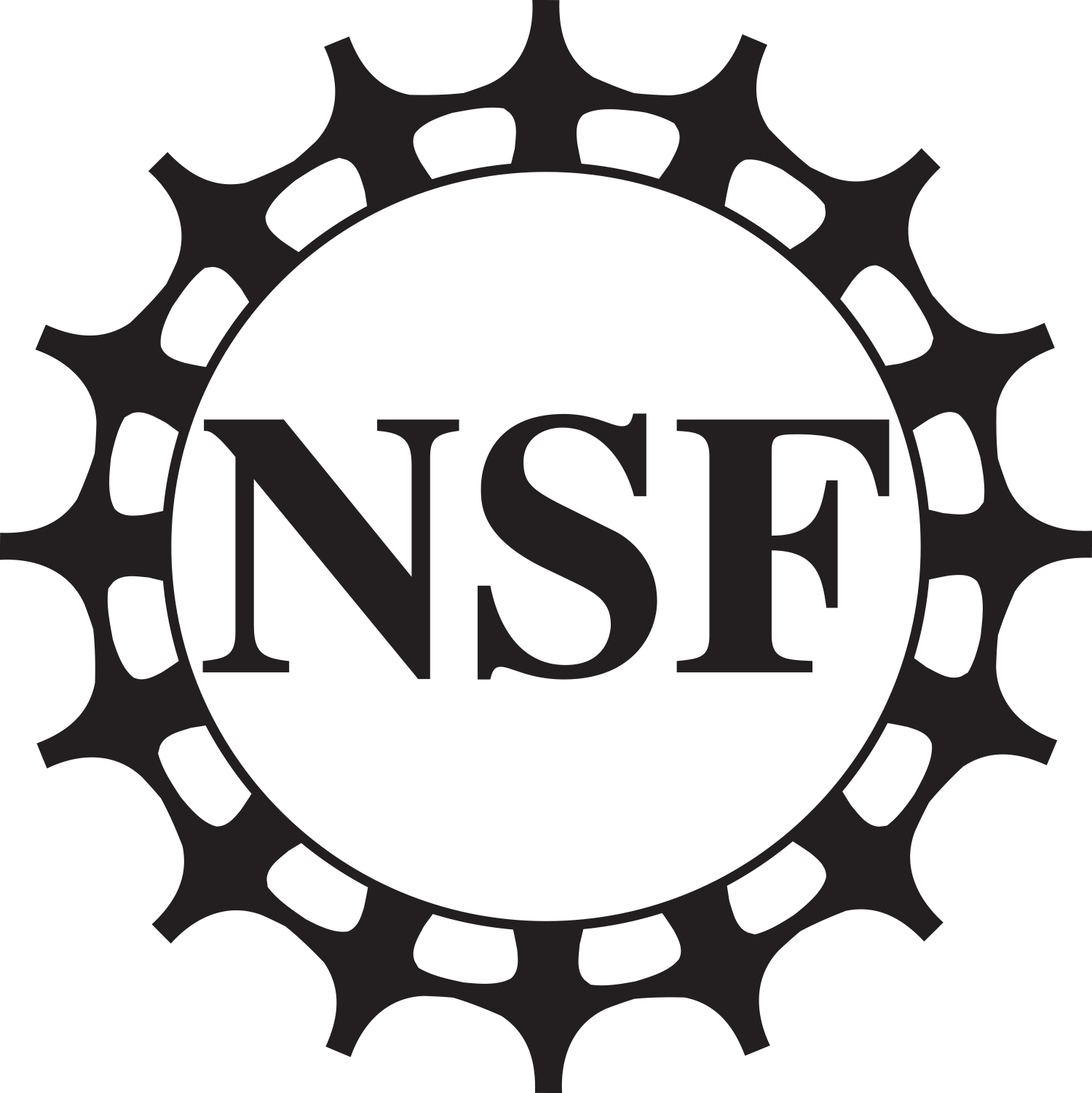 |
Title: Tissue mechanics regulates genomic instability in cancer
Speaker: Alisya Anlaş, PhD
AAAS Science and Technology Policy Fellow at NSF
Former Postdoc in Discher Lab, University of Pennsylvania
Date: November 20, 11a-12p ET | 10 am CT | 8am PT
Zoom Link:
https://upenn.zoom.us/j/
During cancer progression, changes in the mechanical microenvironment can physically restrict cancer cells and induce errors in DNA replication or mitosis, leading to genomic instability. Using chromosome reporter cell lines, we investigated whether a three-dimensional (3D) tumor microenvironment contributes to aneuploidy and found that increased matrix stiffness heightens mitotic aberrations that may lead to chromosome missegregation. Our findings indicate that stiff microenvironments suppress mitosis, increase micronucleus formation, and enhance chromosome loss, highlighting a potential role for mechanical confinement in chromosome segregation. We also find that inhibiting myosin-II increases chromosome loss without affecting spheroid growth. The variance in chromosome loss across cancer spheroids increases per Luria-Delbruck’s theory of heritable genetic change and aligns with the emergence of colonies with chromosome loss. Additionally, migration through mechanically confined environments influences macrophage dynamics, potentially altering their motility, polarization, and interactions with cancer cells. Together, these findings emphasize how increased mechanical confinement drives genomic instability and tumor heterogeneity, and alters immune cell behavior in the tumor microenvironment.


